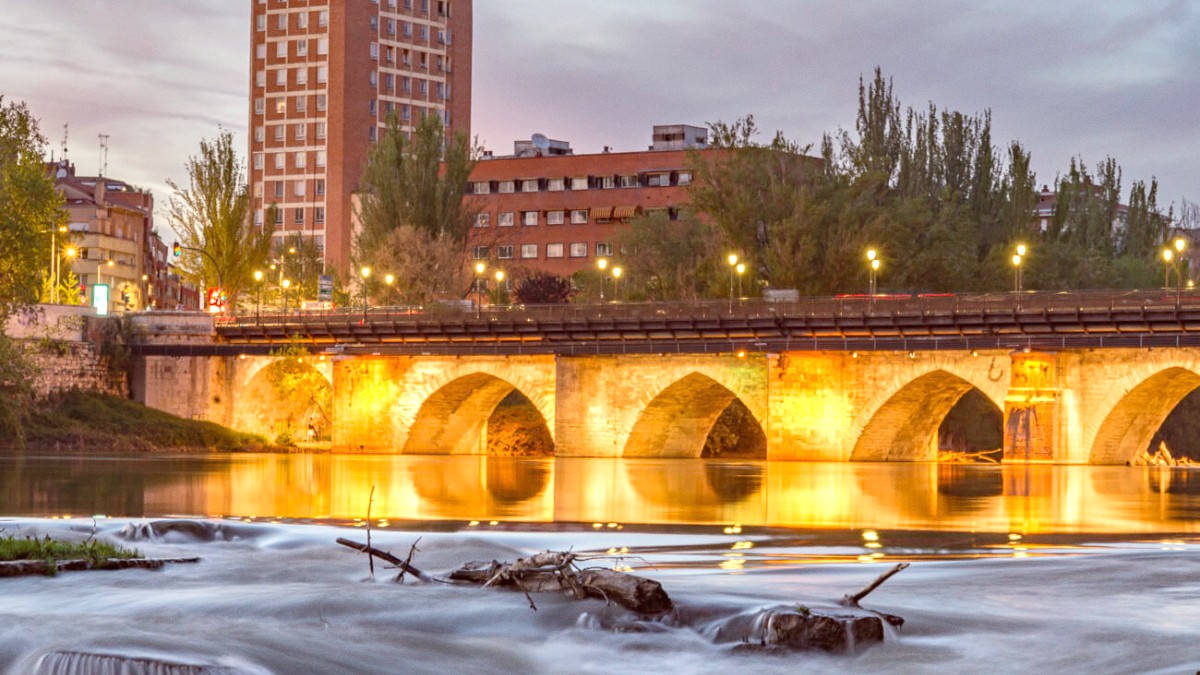
Spain
Valladolid has protected areas like Hoces del Duratón Natural Park. Support these areas by following park rules, staying on marked trails, and avoiding disturbing wildlife. Practice waste management and recycling; bins are available for paper, plastic, and glass.
Cultural preservation is important. Support local museums, cultural centers, and traditional artisans. Respect historic sites by not touching or defacing them. Use basic Spanish phrases. Dress modestly when visiting religious sites. Be mindful of noise levels in residential areas.
Support local businesses by purchasing goods from local artisans and small shops. Eat at local restaurants and tapas bars. Stay in locally owned guesthouses. Hire local guides for tours. These actions make your money stay within the community.
Environmentally conscious choices for your travel. This section provides details on conservation, waste, water, and transport.
The Hoces del Duratón Natural Park and Montes Torozos exist as protected areas where conservation is active. Your visit supports these initiatives. Stick to marked trails and keep distance from wildlife, especially the griffon vultures.
Spain has established waste management. Recycling bins for paper (blue), plastic/metal (yellow), and glass (green) exist. Tap water in Valladolid is safe to drink. This lessens the need for single-use plastic bottles. Water conservation is important in Spain due to drought periods. Mindful water use helps.
For transportation, carbon offset options for flights exist. Prioritize public transport (trains, buses) over domestic flights or extensive car travel. Public transport generally means less carbon. When choosing accommodation and tour operators, look for those with eco-friendly practices.
Your choice of products impacts your travel footprint. Opt for reusable items over single-use. Sustainable outdoor gear promotes responsible consumption. Seek out local, ethically sourced items when shopping.
Choose operators committed to fair labor practices and environmental protection. G Adventures is an example.
Participate in local cultural events and workshops. This deepens your connection and supports local artists and traditions.
When shopping for souvenirs, products made by local artisans support the community directly. It also presents a more authentic item.
Cultural sensitivity, economic impact, and ethical practices. These sections provide insight into responsible tourism in Valladolid.
Cultural preservation maintains Valladolid's heritage. Your support for local museums, cultural centers, and traditional artisans helps fund preservation work. Purchasing authentic goods directly benefits local producers. Respect historic sites by not touching, defacing, or removing anything.
Interaction guidelines enhance your experience and show regard for locals. A few Spanish phrases show appreciation. Be aware of local customs, like meal times and social interactions. Modest dress for religious sites shows respect. Mind noise levels, especially late at night in residential areas.
Photography ethics require attention. Public spaces generally permit photos. Always ask permission before photographing individuals, especially children. Be specifically sensitive during religious ceremonies or private moments. Some museums prohibit flash photography or all photography; look for signs. Do not photograph military or sensitive infrastructure.
When visiting churches or cathedrals, specific etiquette applies. Dress modestly with shoulders and knees covered. Remove hats upon entering. Speak quietly and keep your voice low. Do not disrupt services; enter quietly, stay at the back, or return later. Respect designated prayer or meditation areas.
Your choices affect the local economy. Opt for local over international when possible. This directly puts money into the community.
Dine at local restaurants and tapas bars. Skip international chains. This supports local families.
Purchase souvenirs and goods from local artisans, markets, and small shops. This keeps money circulating locally.
Book tours and services with local guides. Their knowledge and services directly support the community.
For fair trade and ethical shopping, seek out goods made by local artisans. These purchases directly benefit local producers and support traditional crafts.
This section covers avoiding exploitative activities and guidance on charitable giving. Your thoughtful actions create a positive impact.
Avoid contributing to any activities that exploit animals, the environment, or people. While generally not a major concern in Valladolid, awareness of ethical operations helps you support responsible tourism. Be mindful of tour operators and experiences you choose.
If you wish to make charitable contributions, do so through established local charities or non-governmental organizations (NGOs). Direct giving to beggars may inadvertently perpetuate cycles of dependency or exploitation. Research reputable local organizations if you want to donate.
Participate in local festivals or events. This provides a cultural immersion and supports community traditions.
Join a language exchange (intercambio) if staying longer. You practice Spanish and meet locals.
For longer stays, consider short-term volunteering with local initiatives. This makes a direct positive impact.
Be aware of tourist traps or operations that prioritize profit over local welfare or environmental protection. Research before booking.
Direct giving to individuals on the street does not always result in sustainable solutions. Reputable charities can offer more effective, long-term support to those in need.